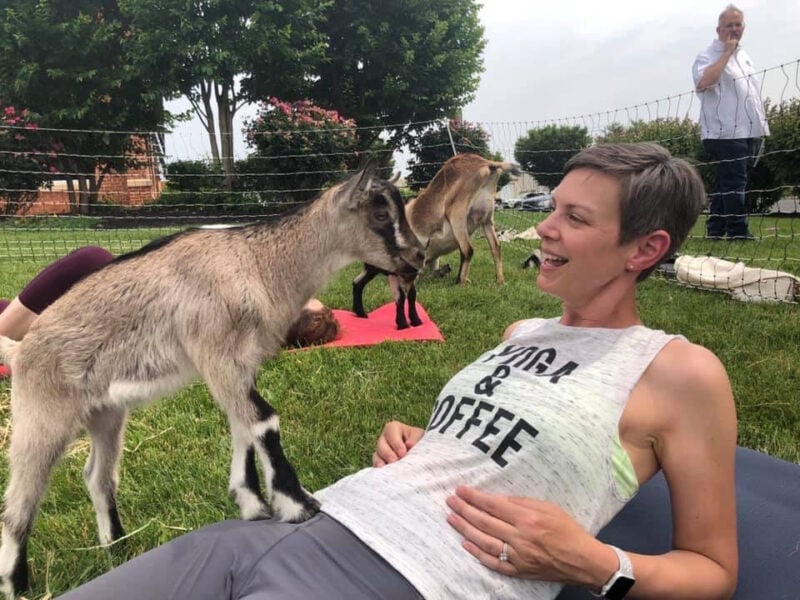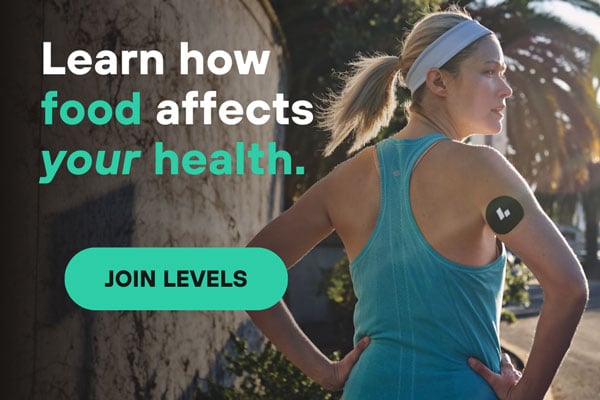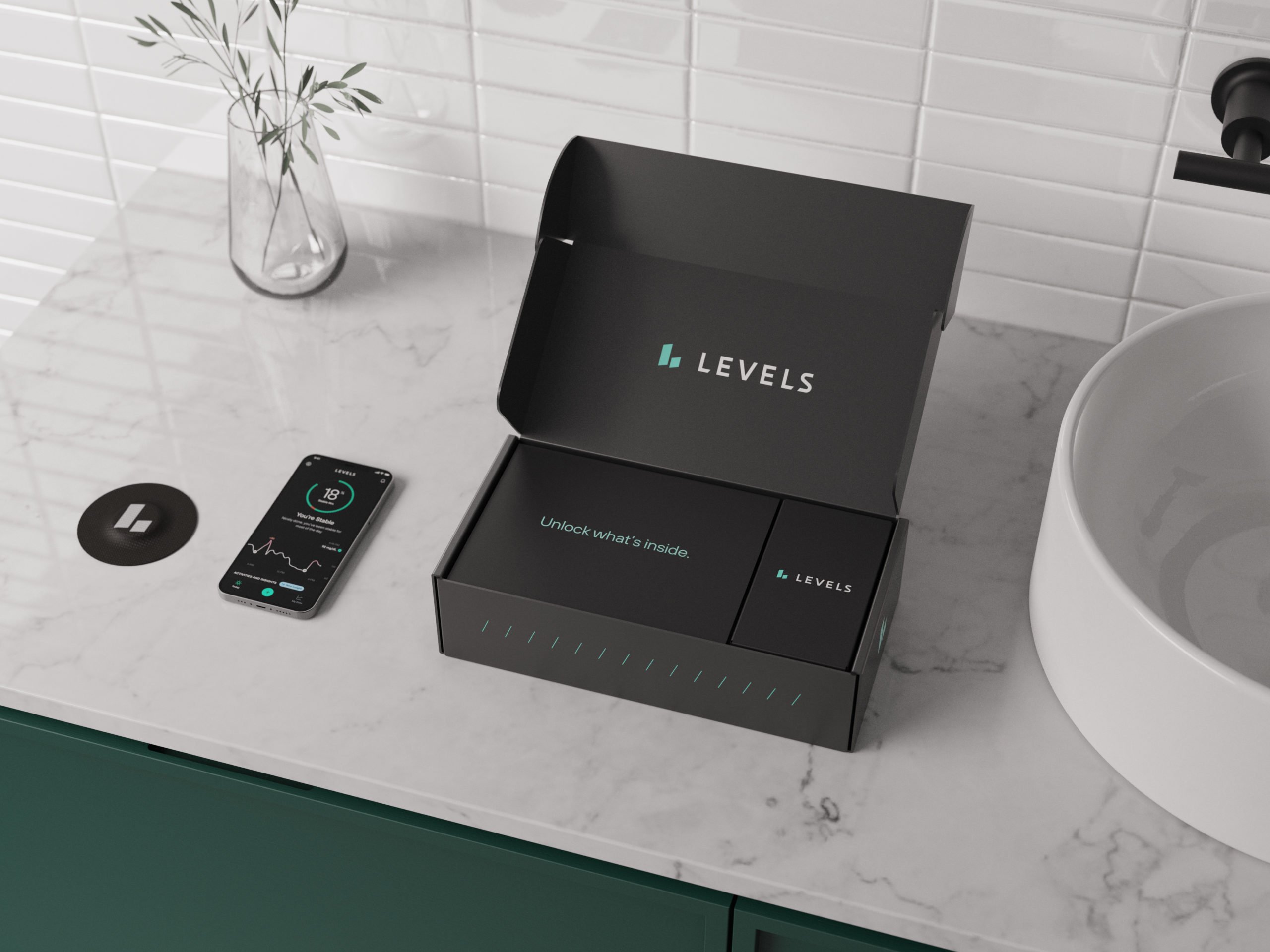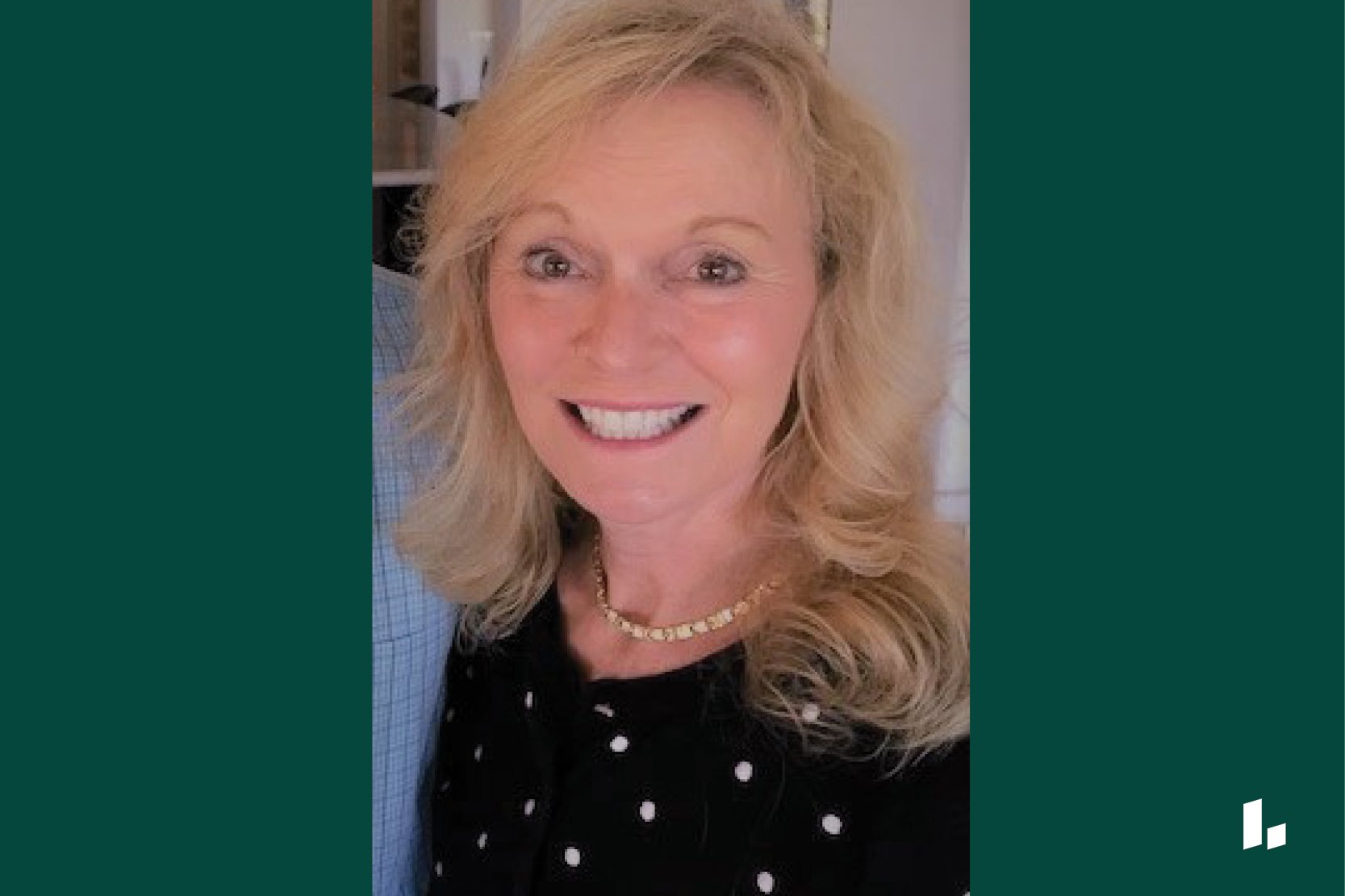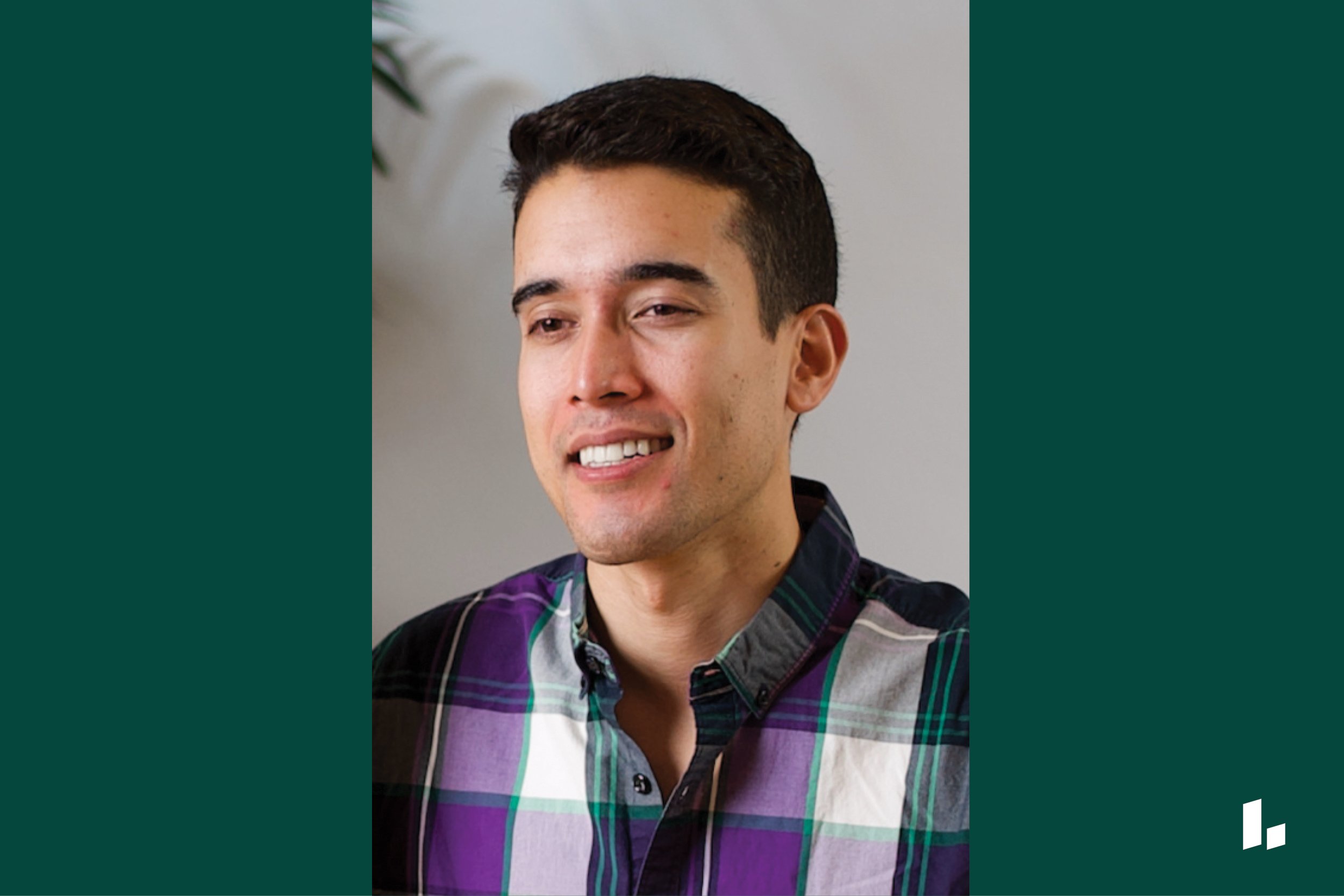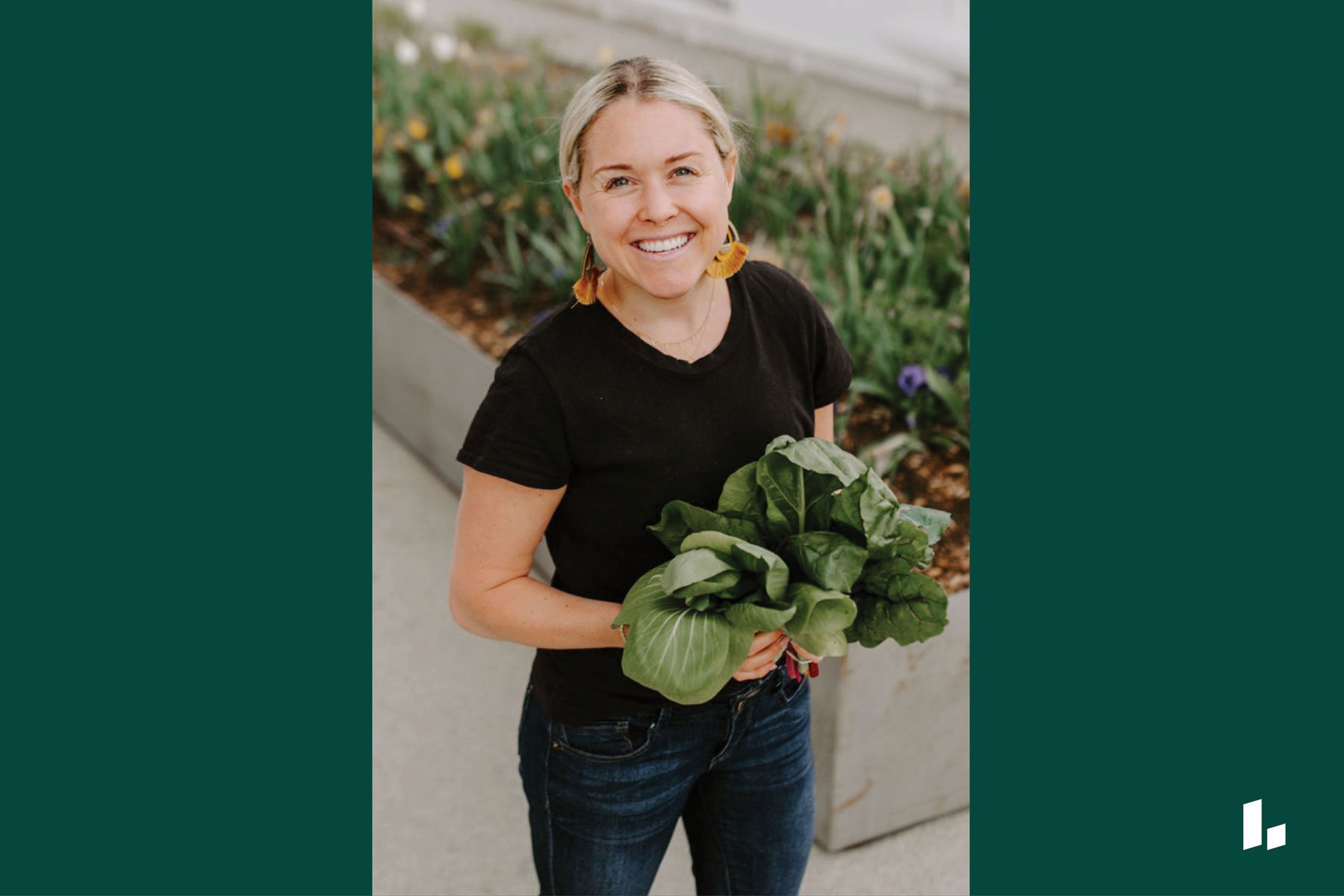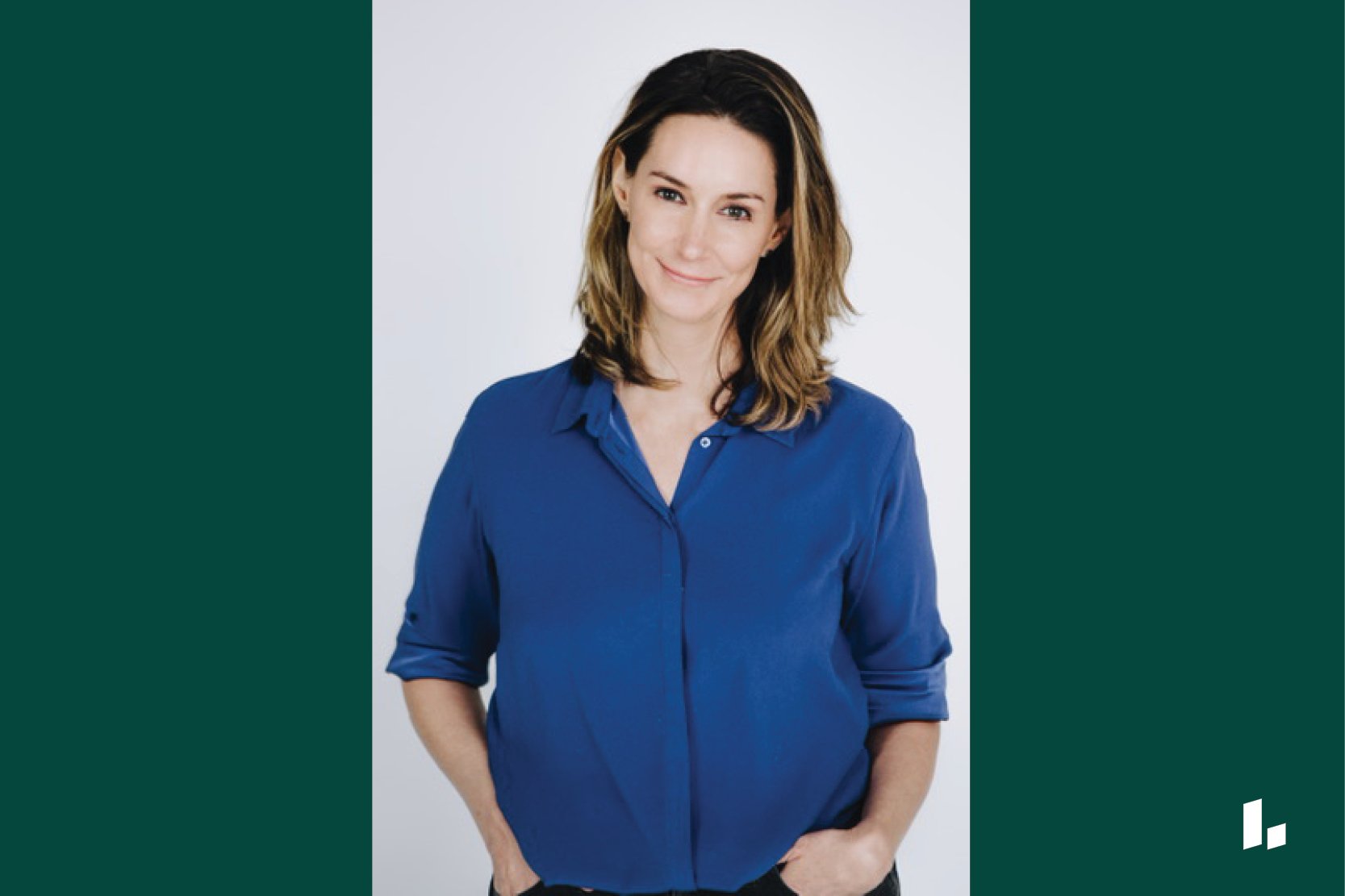Who: April Izer, 48
Where: Frederick, MD
Time with Levels: More than a year
Most Useful Takeaway: Rather than declaring a healthy food off-limits because of the way it affects her blood sugar, she looks for ways to reduce a spike—and still enjoy the food she finds delicious.
1. What was your health like before Levels?
I am a trained research biologist, certified personal trainer, and health coach. I’ve tried to walk the walk and do everything I needed to be healthy. Then, in 2015, I was diagnosed with stage 3 breast cancer at the age of 40.
After six surgeries, chemotherapy, and radiation, I was in the worst health of my life. This was extremely hard emotionally. I’m a fairly positive person to begin with, and I knew I had to get through this. Still, I like to control things, and this was completely out of my hands. That was really frustrating. At the time, I was still working with clients as a health coach. When you’re struggling with yours so much, it’s really difficult to feel as if you can help.
I went into remission in 2020. I’ve been told by every single doctor that the reason I did so well was because I was in good health before my diagnosis.
That’s changed my approach to coaching. After my experience, I wanted to challenge how people viewed health and turn the focus more on prevention. Ideally, you are healthy before you have a health crisis so that you can face it in the best way possible.
2. What made you want to put a CGM on your arm?
I found Levels through my health coaching circle. When I was at the National Institutes of Health as a research biologist doing work on longevity and aging, we worked closely with David Sinclair and his lab. So, I had been in tune with the experts involved with Levels. I thought, maybe wearing a CGM will help me get an idea of how my body had changed after cancer. After having my ovaries removed during one of my surgeries, I was now menopausal. Because of that, I noticed I was starting to put a little weight on around my middle. I wanted to get this under control by understanding what was happening on the inside.
Learn more:
3. Did you learn anything surprising about your eating habits and how they affected your blood sugar?
I always focused on eating whole foods. What I didn’t think about was the ratios of macronutrients or making sure I even had enough protein, which I can see greatly affects my glucose levels. For instance, I’d make a smoothie with hemp seeds, fruits, and vegetables, but I was still really spiking. I had to look at the smoothie and make adjustments, like halving the fruit and adding more cashews or almond butter. These small tweaks really made a difference.
Overall, that’s been my approach. When you first start out wearing the CGM and see a blood sugar spike, you think oops, I shouldn’t eat that. Through learning, I shifted from saying certain nutritious foods, like mango, were off limits to now saying yes to it but figuring out how I can manipulate it a bit to enjoy it a different way. I might take a walk after eating it to bring my levels down.
This mindset also works for things that are not healthy that I might enjoy, like red wine. My blood sugar does not spike when I drink red wine with food. That’s good and bad. But what I don’t want to do is think that because red wine doesn’t spike me that it’s automatically healthy. Stepping back and seeing the big picture, you learn that the CGM is just one tool to keep you healthy, but it’s not everything.
4. What non-food factors did you find impacted your blood sugar?
Sleep is the big one for me. If I had a poor night of sleep, I wake up and my blood sugar baseline is higher. My whole day is just a bit more off. If I’m already feeling wrecked, it’s really hard to get my blood sugar back under control.
When my sleep is wonky, I pay special attention to get to bed early the next night. I’ll focus more on my wind-down routine before bed so I can set the foundation to sleep well.
5. You’ve just ended your last cancer medication. What are your goals for your health moving forward?
I’m really looking forward to using the CGM to see how my blood sugar might change now that I’m done with those medications. My goal is to gain more muscle. Losing my ovaries threw me into full-on osteoporosis, and I know I need to build muscle to protect my bones—and for my metabolic health. My diet will certainly change to meet those goals. I don’t want to dwell on what I used to be. Instead, I want to focus on getting my health back and looking toward the future in this next chapter.
